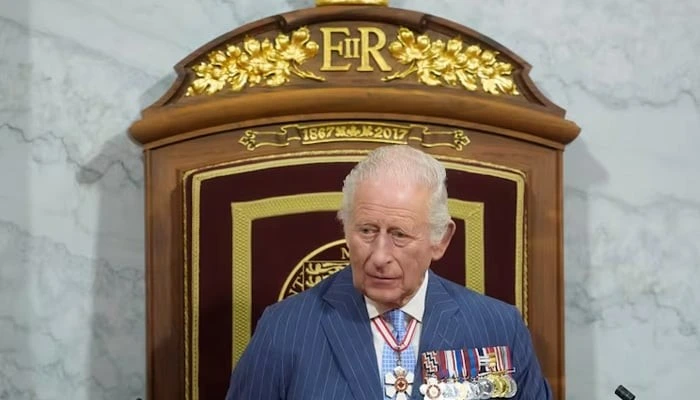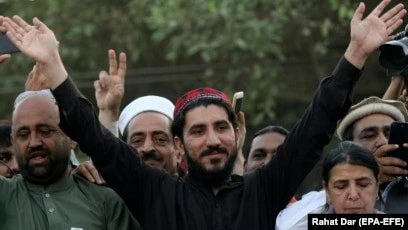A Diplomatic Response in Defence of Canadian Sovereignty

The British king responded to a divisive comment made by the President of the United States in a measured and polite manner in an event that attracted global interest. Without specifically criticizing the American leader who had lately floated the controversial proposal of making Canada the 51st state of the United States, the king reiterated before the Canadian Parliament Canada’s freedom and unique national character. A Diplomatic Response in Defence of Canadian Sovereignty
Many saw the President’s remarks as flimsy and disrespectful to Canada’s sovereignty, which set off quick responses on the political front both here in Canada and among her allies. Still, the king’s answer’s austere and moral tone caught me especially. Refining his emphasis on reaffirming Canada’s unique character and its beloved principles of freedom, democracy, and national pride, the king chose not to identify the President directly.
Declaring Canada as the “True North strong and free,” the king in his speech reminded listeners of the potent words of the national song. Though minute, this reference had great weight. It emphasized the basic reality that Canada is not a territorial extension of any other country; it is a free and independent nation with own identity. The remark was a patriotic affirmation as well as a mild critique of any idea that outside forces could define Canada’s destiny.
Not less important was the focus on Canada’s originality. The king commended Canada’s independence, democratic customs, and cosmopolitanism, qualities that characterize the country and distinguish it on the world scene. A great diplomatic weapon was this subdued but forceful respect of Canadian sovereignty. The king moved the debate from politics into the domain of principle by stressing Canada’s uniqueness instead of following a tit-for–tat exchange.
Clearly opposing recent protectionist statements from several world leaders, including the President, the king also used the occasion to discuss the merits of free trade. The king promoted the liberal international order that has supported Canada’s development by praising open markets, global cooperation, and mutual respect among states. His comments celebrated Canada’s successes but also served as a reminder that cooperation rather than compulsion drives those successes.
This speech arrived at a pivotal moment when populist rhetoric and unilateral declarations progressively influence world affairs. The king’s comments presented a welcome substitute based on historical links, mutual respect, and the law. His attendance in Parliament and his speech helped to inspire Canadians and remind both residents and foreign visitors that Canada’s identity is not subject for compromise.
Strategic was the decision not to specifically name the U.S. President. It represented a long-standing diplomatic legacy in which occasionally the most forceful words are those not expressed. This strategy guaranteed that the dialogues stayed on ideals and ideas instead of people or provocations. Offering a precise but professional statement that left no doubt as to where the speaker stood on the issue of Canadian sovereignty, it was a masterclass in statesmanship.
For their part, Canadians greeted the comments kindly. Many thanks for the help given at such a pivotal point. The answer confirmed modern Canadian principles of freedom and pluralism as well as the strong historical and cultural links between Canada and the monarchy. It inspired people of the power of togetherness and the need of defending their liberties against both outside demands and internal complacency.
Globally, the speech was interpreted as a subdued critique of the kind of nationalist overreach aiming at redefining relationships and limits without regard for past or mutual consent. It underlined that some values, including national sovereignty and mutual respect, are non-negotiable even in an era of fast geographical changes.
Analyses of the address’s tone and content in the days that followed commended them. It was diplomatic yet also strong. Although direct, it was polite but clear. It supported the dignity of a country that, although friendly with its southern neighbour, stands on its own terms and collaboration above hostility.
The king’s reaction to recent remarks on Canada’s future position was a perfect illustration of the immense power words, well chosen, can possess. The speech-maintained Canada’s independence, praised its distinct character, and underlined its dedication to freedom and open commerce without calling names. It was a timely reminder that diplomacy still has space to assert itself with grace, accuracy, and relentless principle in a society when language sometimes fuels violence.












